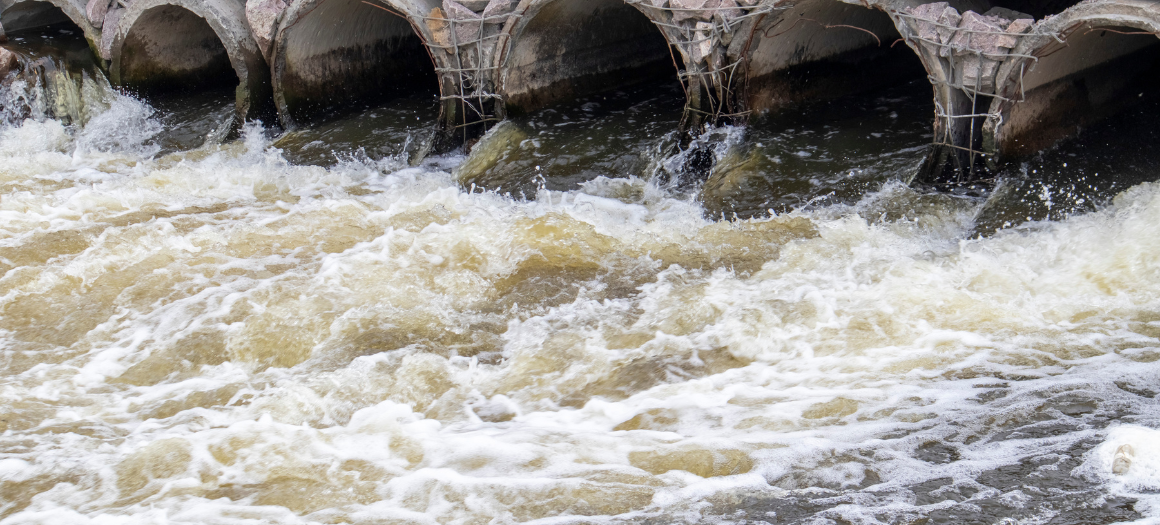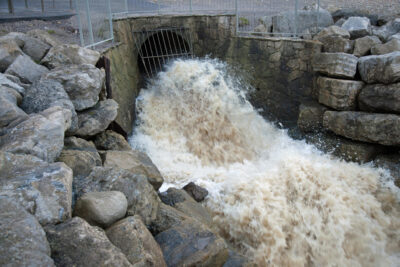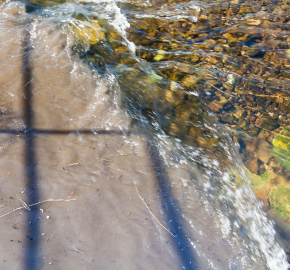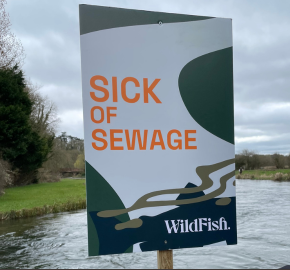Deregulation rears its ugly head… again

WildFish was delighted to see the December blog from London Waterkeeper, Deregulation is breaking our rivers (linked here), highlighting the very destructive effects the deregulatory agenda is having on our rivers and wildlife. The deregulation agenda has been running (under Governments of both shades) since the days of one Michael Heseltine, President of the Board of Trade.
As London Waterkeeper notes, the Environment Agency is being prevented from protecting rivers. Exactly what we pointed out in our 2022 report Doing Its Job? (linked here) in which we highlighted exactly how the deregulatory agenda had hamstrung the very body responsible for protecting our natural environment.
London Waterkeeper is spot on when it argues that the Environment Agency should not be subject to the statutory growth duty when it comes to regulating water companies. Having such a duty for a privatised monopoly is nonsensical and prevents the Environment Agency from regulating water companies properly.
The general deregulatory ‘flow’ is in the wrong direction
As I write this blog, there is another spate of deregulation consultations taking place.
The Department for Business and Trade (DBT) has just slipped out an open call for evidence on Smarter regulation and the regulatory landscape (linked here), asking for suggestions as to how it can further minimise regulatory burden. The consultation states: “regulations that are not needed will be removed, while those that are needed must be proportionate, contemporary and forward-looking”. The DBT is also aimed at: “making regulation a last resort, not a first choice. This means putting downward pressure on the flow of new regulation, with alternatives deployed wherever possible”.
On top of that, DBT has also issued a Consultation on the Growth Duty, Draft Statutory Guidance (linked here) as, apparently: “the time is right to revise the Growth Duty statutory guidance to reflect…the extension of the Growth Duty to the economic regulators…”. Including to OFWAT, the economic regulator of the water companies.
After the consultation, the Government will: “ensure regulators have a clear understanding of what is expected from them, and that businesses in industries… can benefit from fair, balanced regulation which does not hinder their opportunities for growth”.
People wanting unpolluted rivers are always hindering the opportunities for growth, don’t you find?
The Regulators’ Code is bad news for the environment
We have also just seen the High Court judgement in the Suez case (linked here) which considered the Regulators’ Code, a statutory code of practice issued by Ministers pursuant to the Legislative and Regulatory Reform Act 2006, and specifically the degree to which, the Environment Agency has to allow for challenge or review of its own Compliance Assessment Reports, reports it writes on exactly how the companies it regulates are doing, against their permits.
The bad news is that the Environment Agency lost the case. Without going into the great detail of the case, the judgment will be seized upon by any company that the Environment Agency inspects, monitors, regulates, or against which it may sometime even seek to enforce permits.
Where once the Environment Agency’s hands were only bound with the cable-ties of the statutory growth duty and chronic underfunding, the corporate lawyers instructed by polluters everywhere will now be looking at ways of putting on the Suez ‘cuffs and throwing away the keys.




